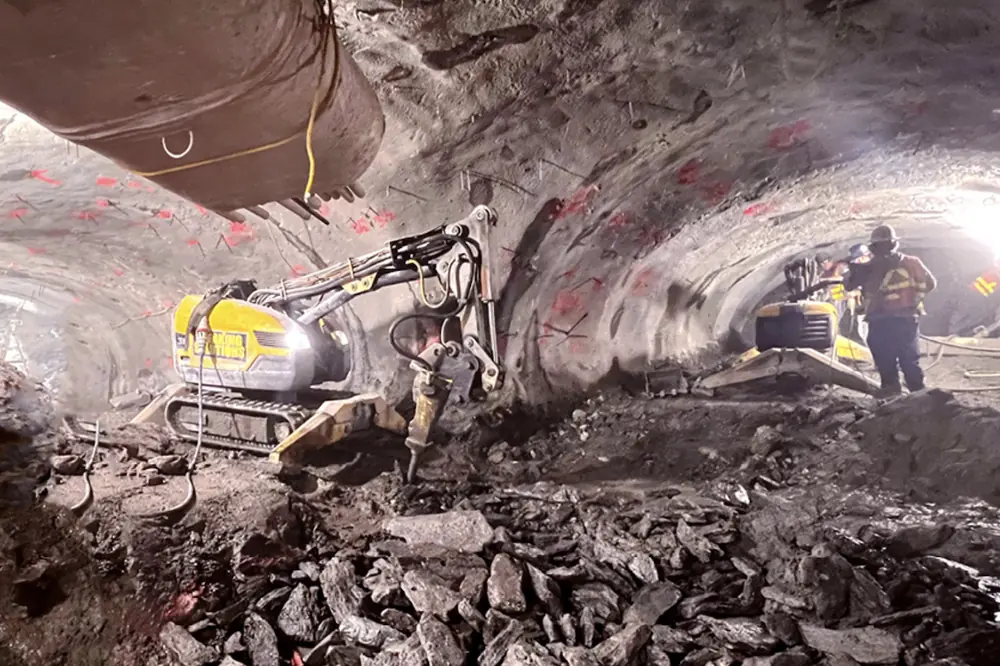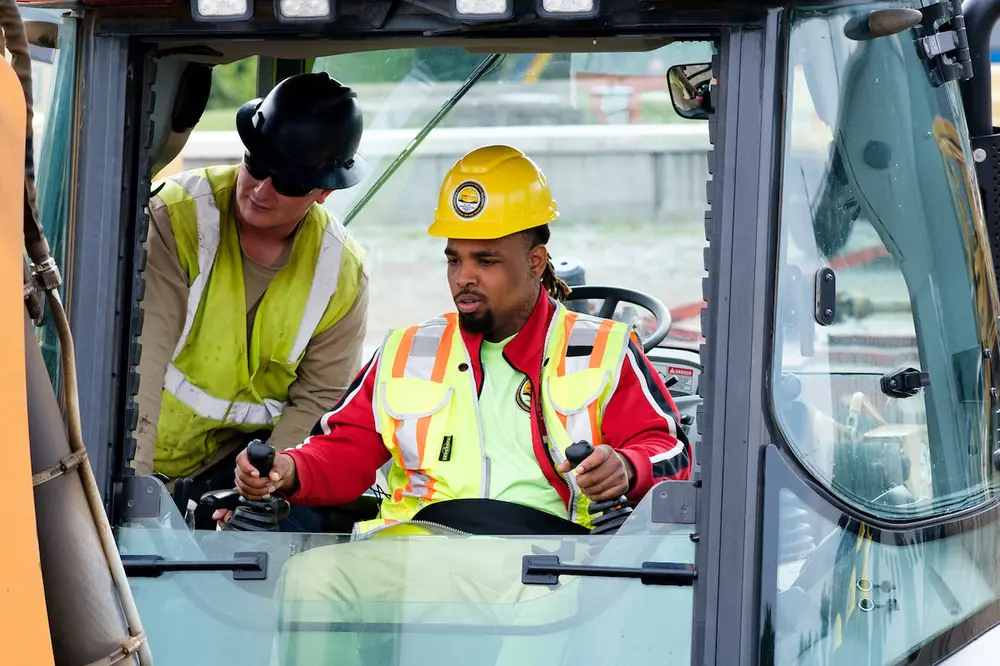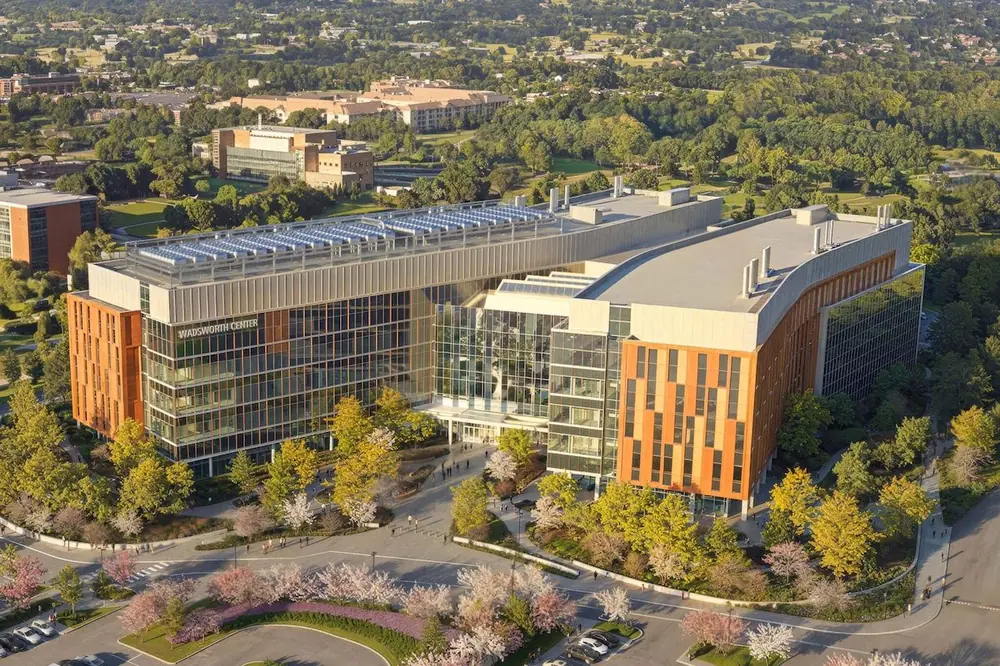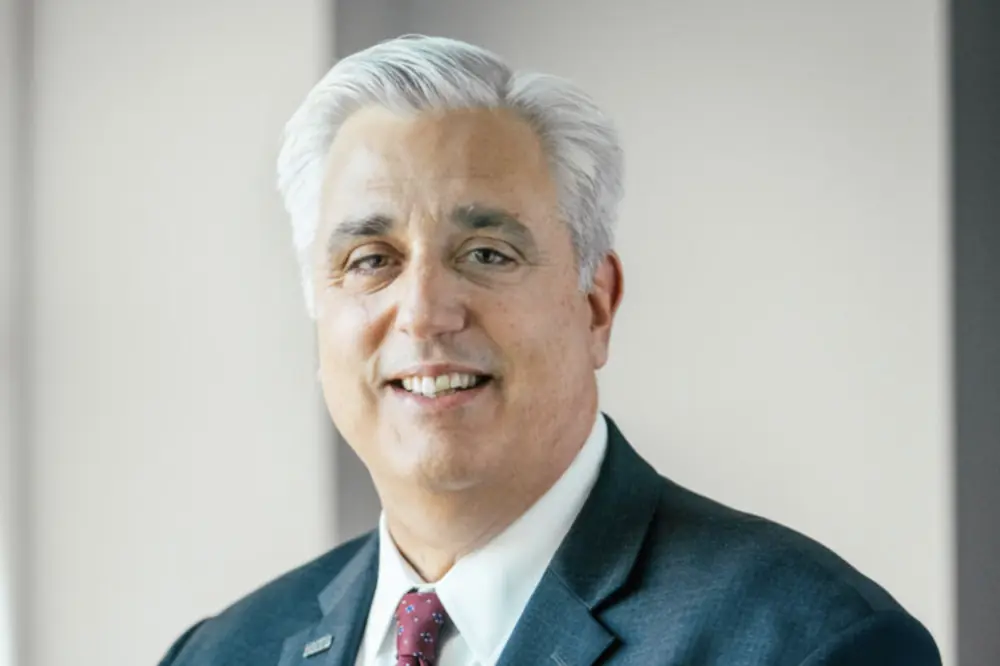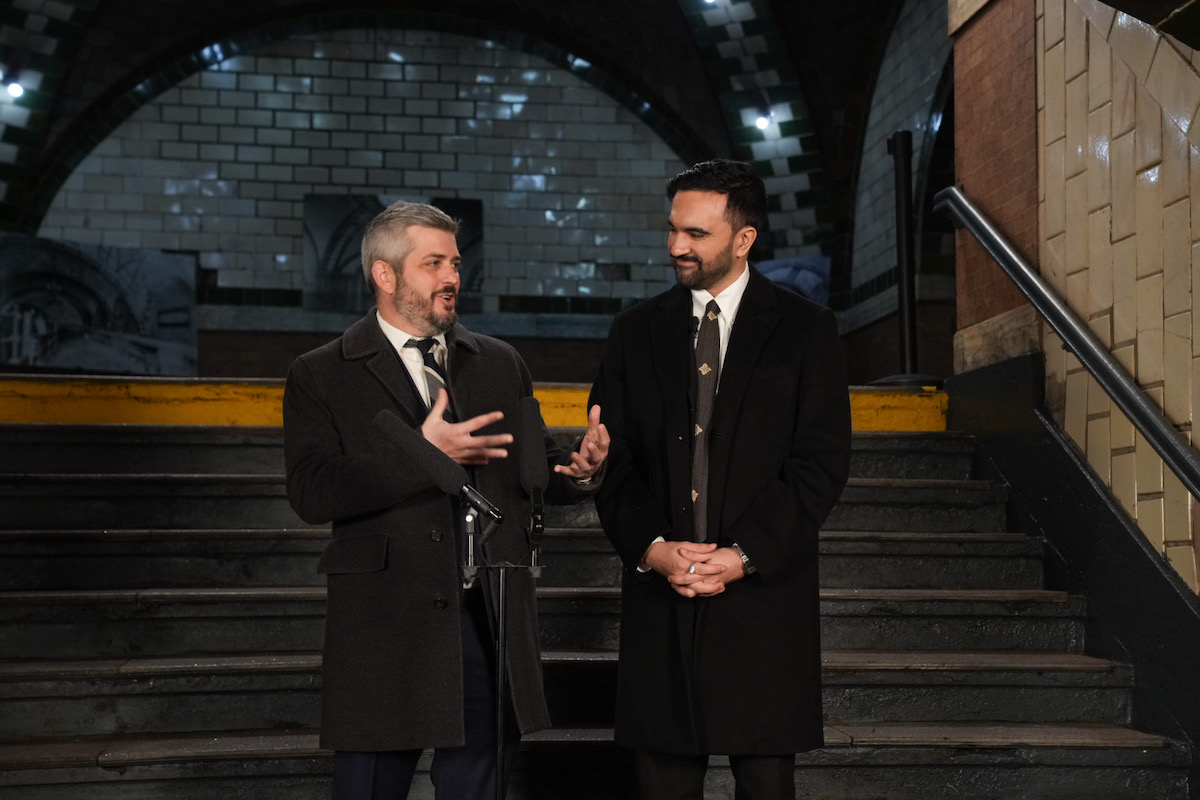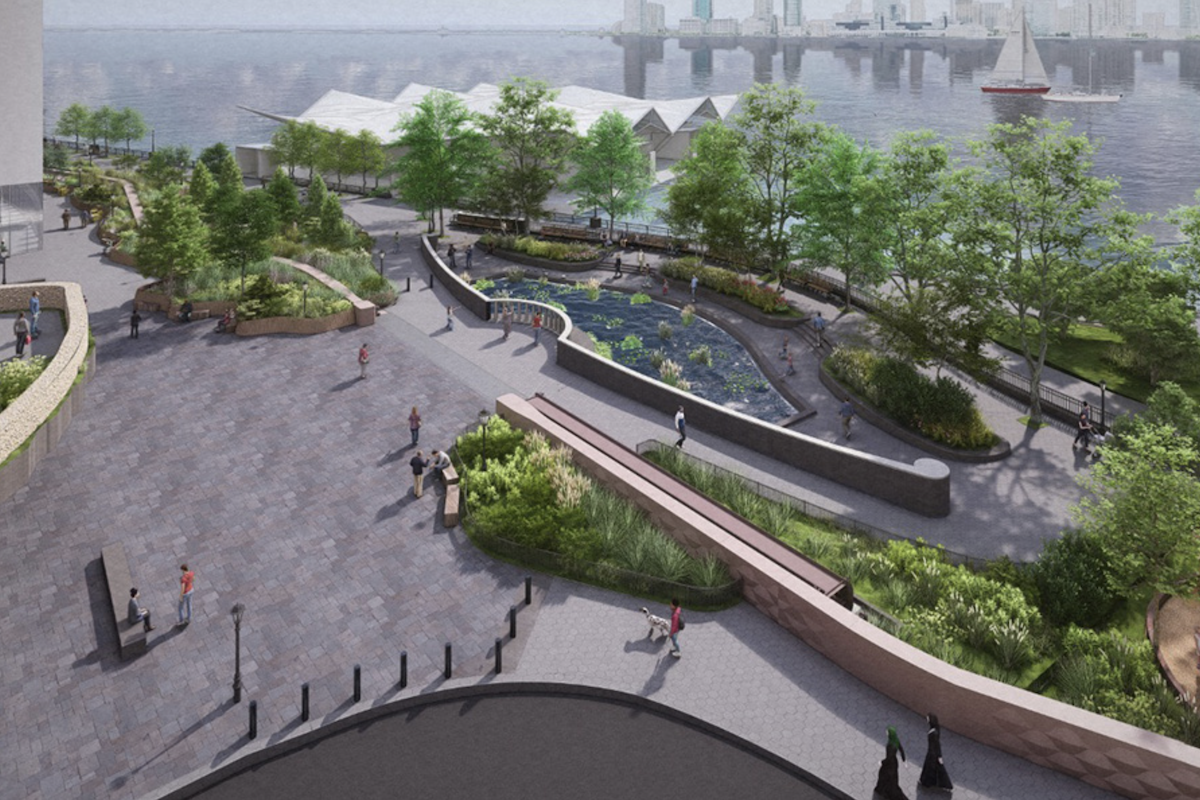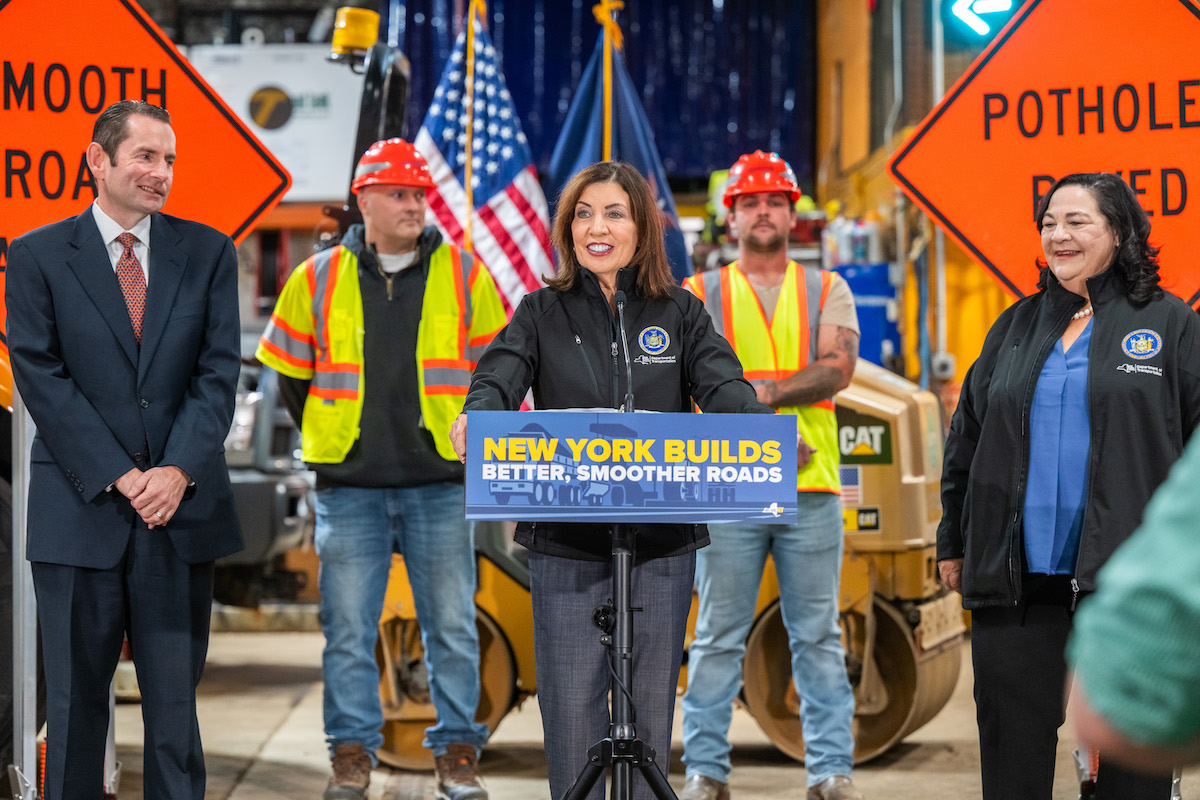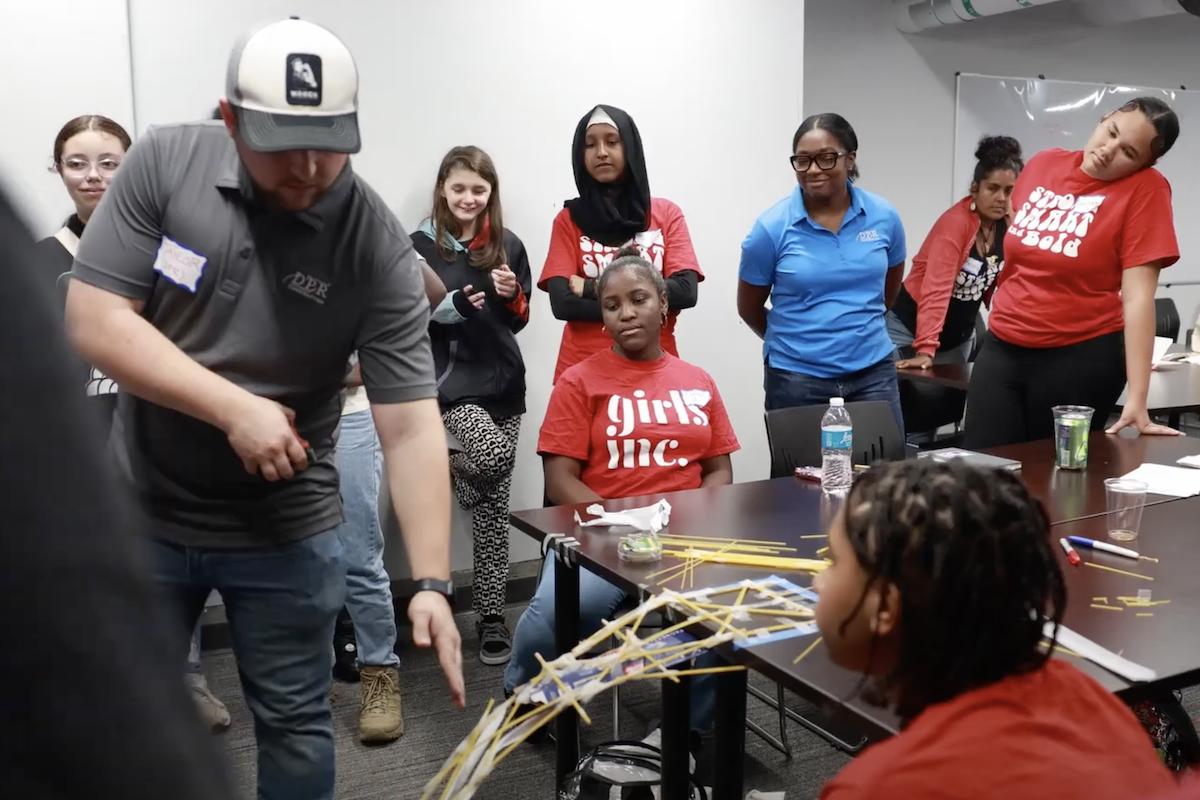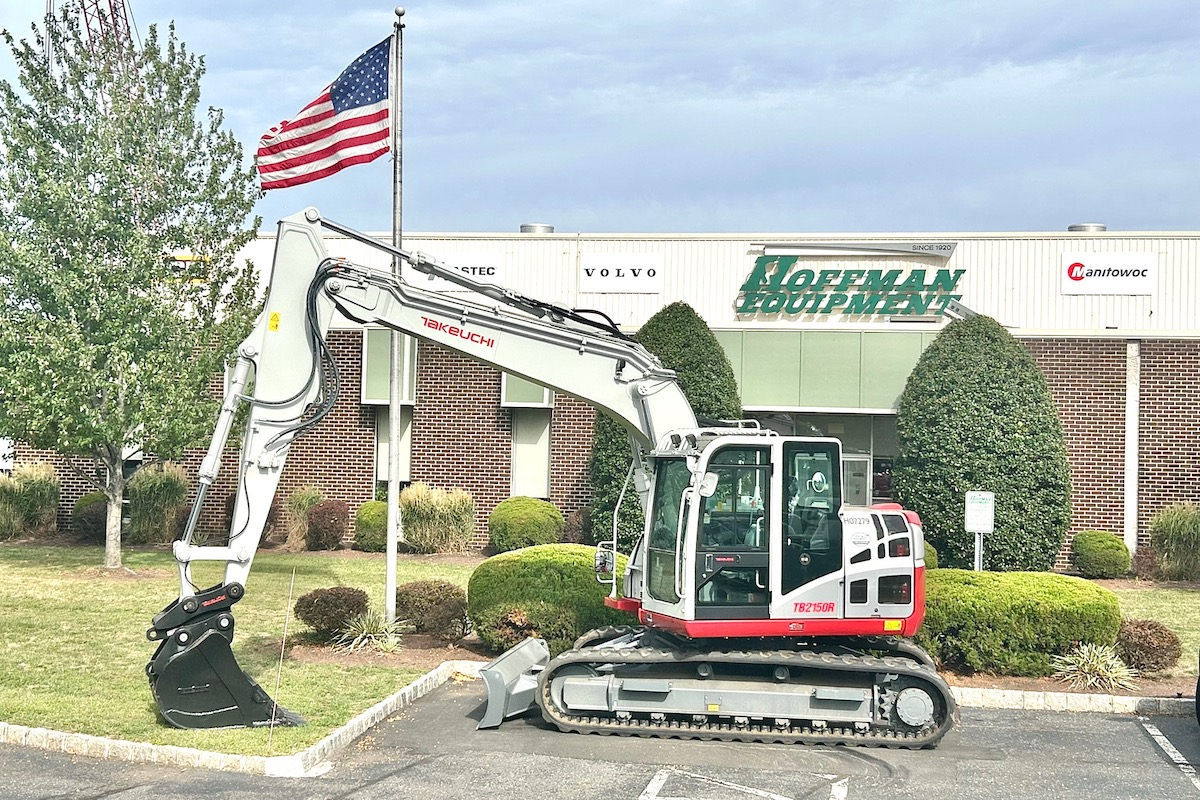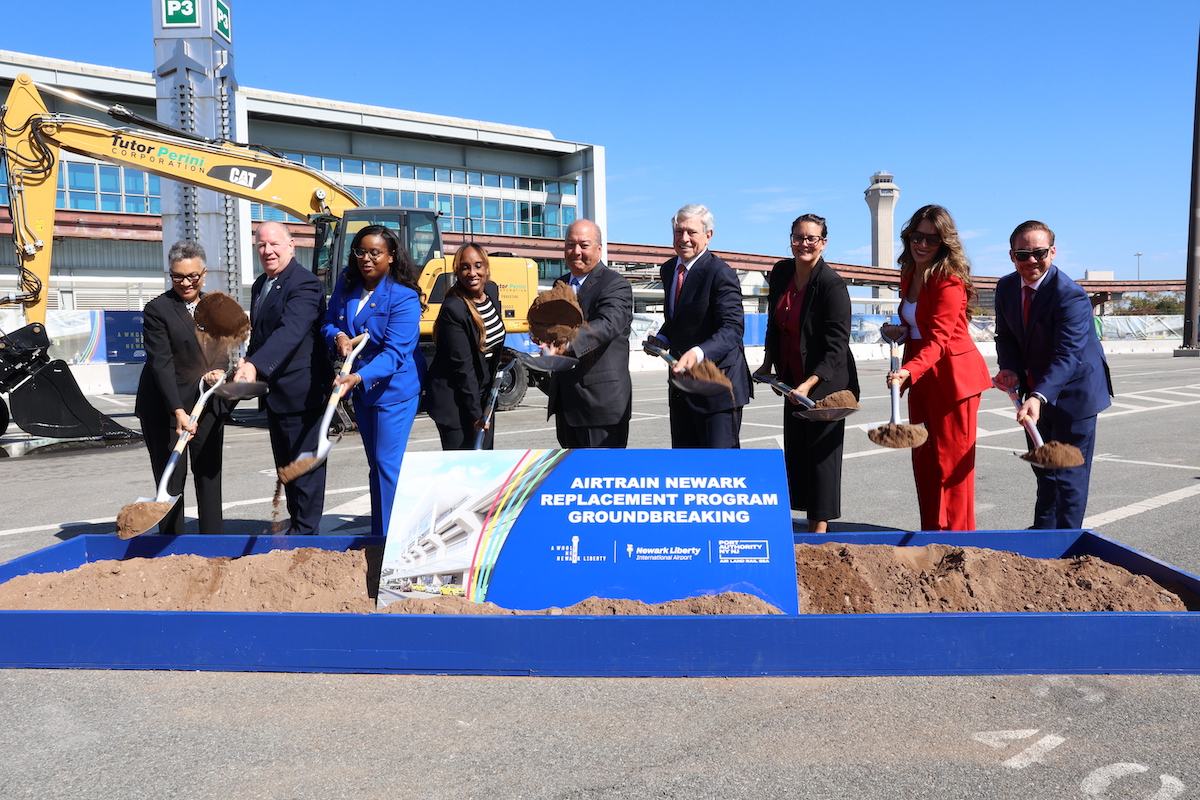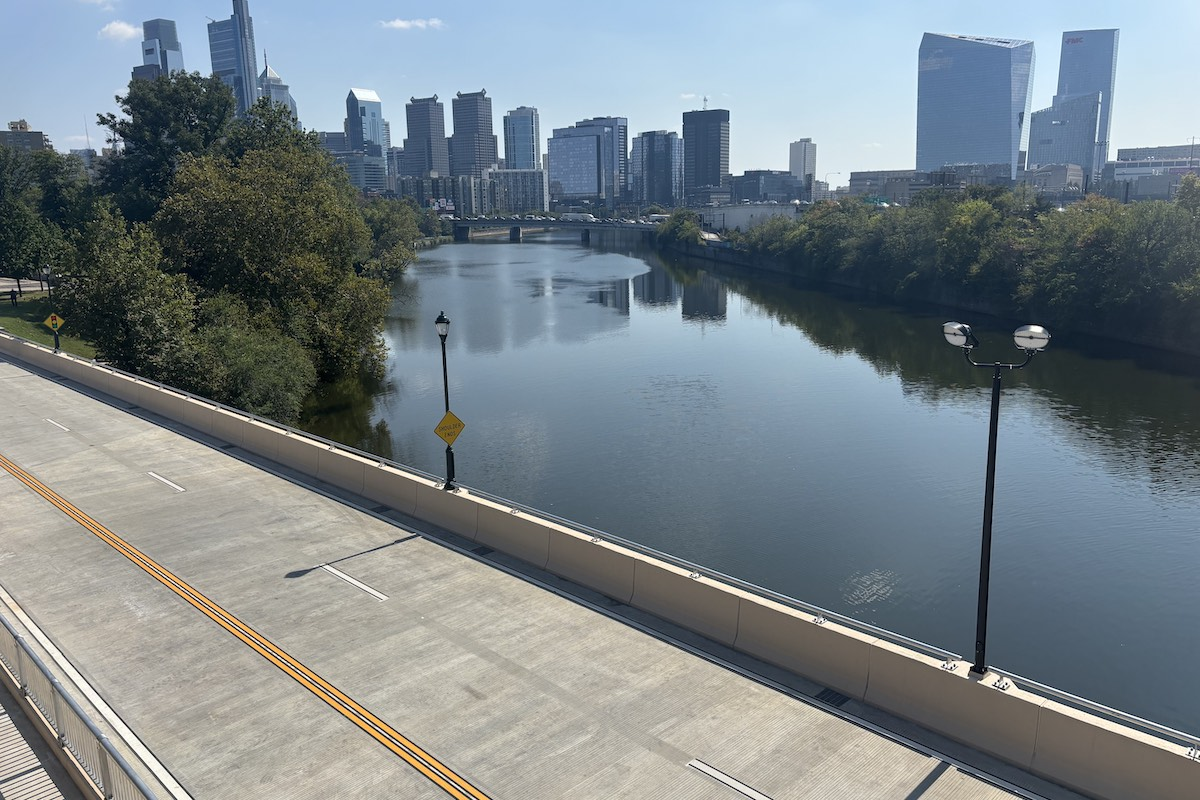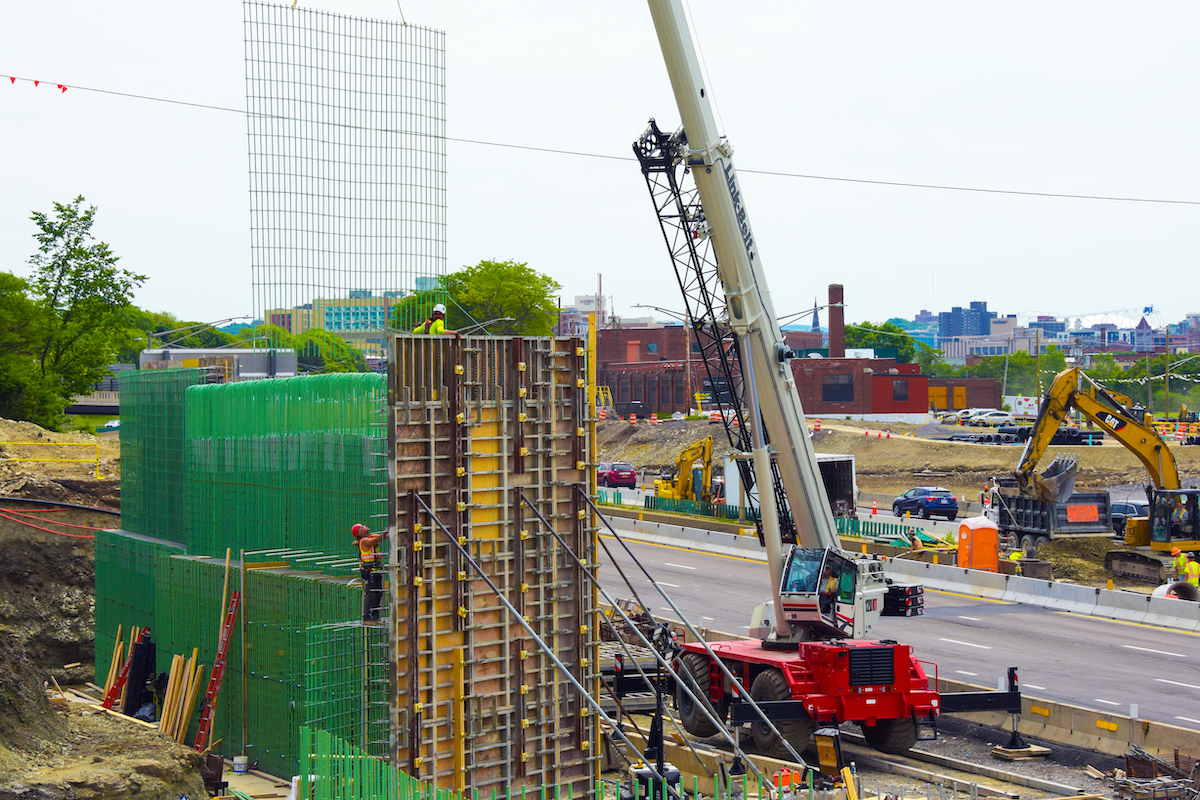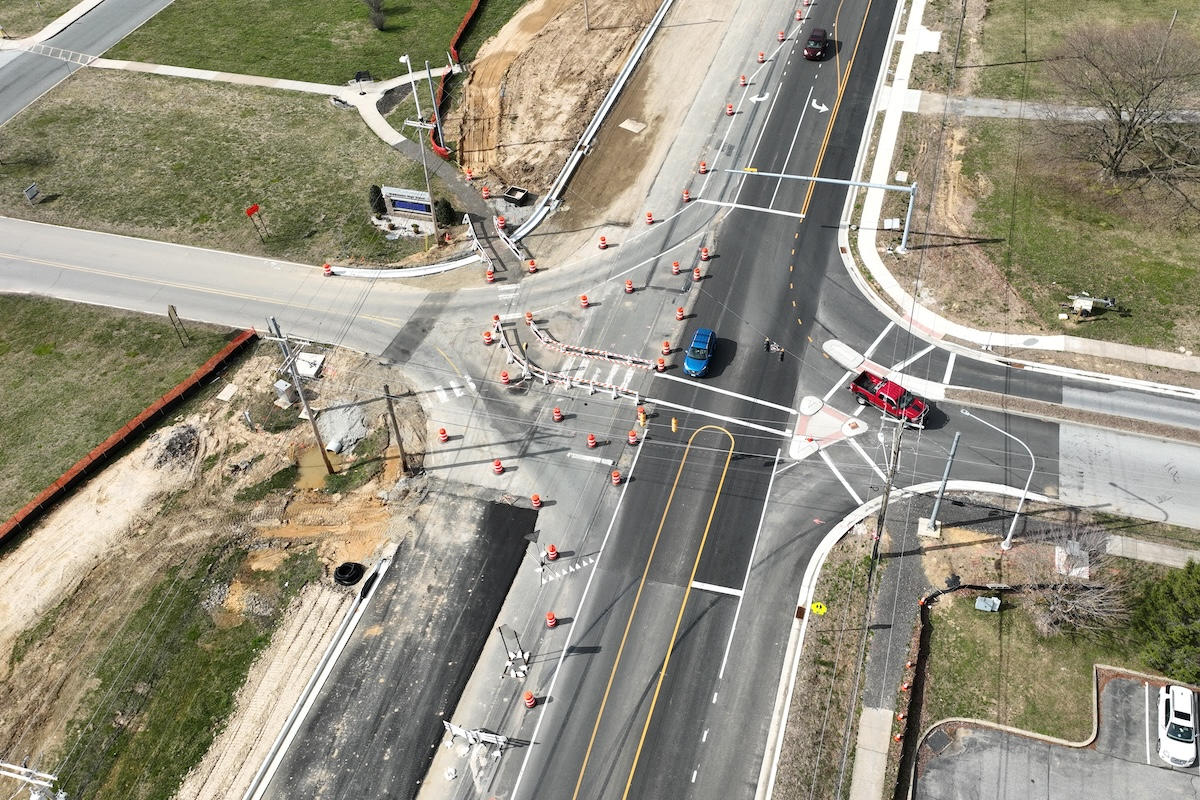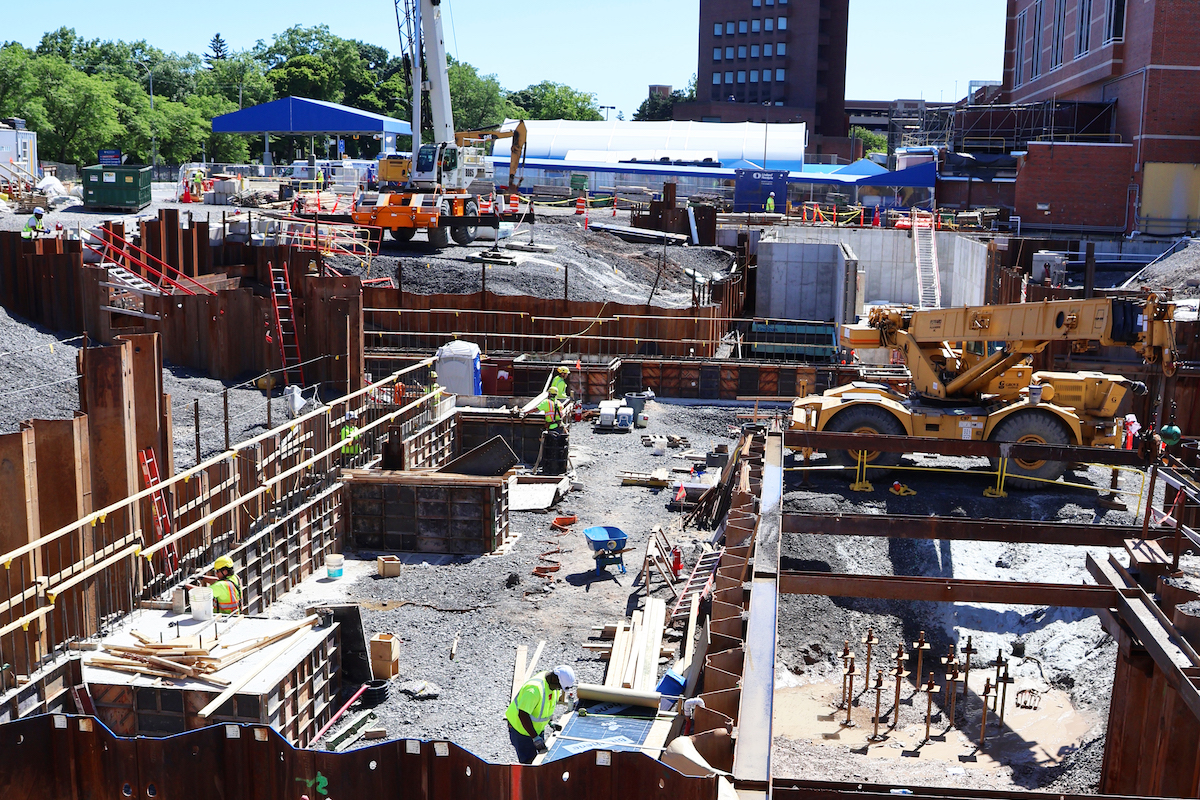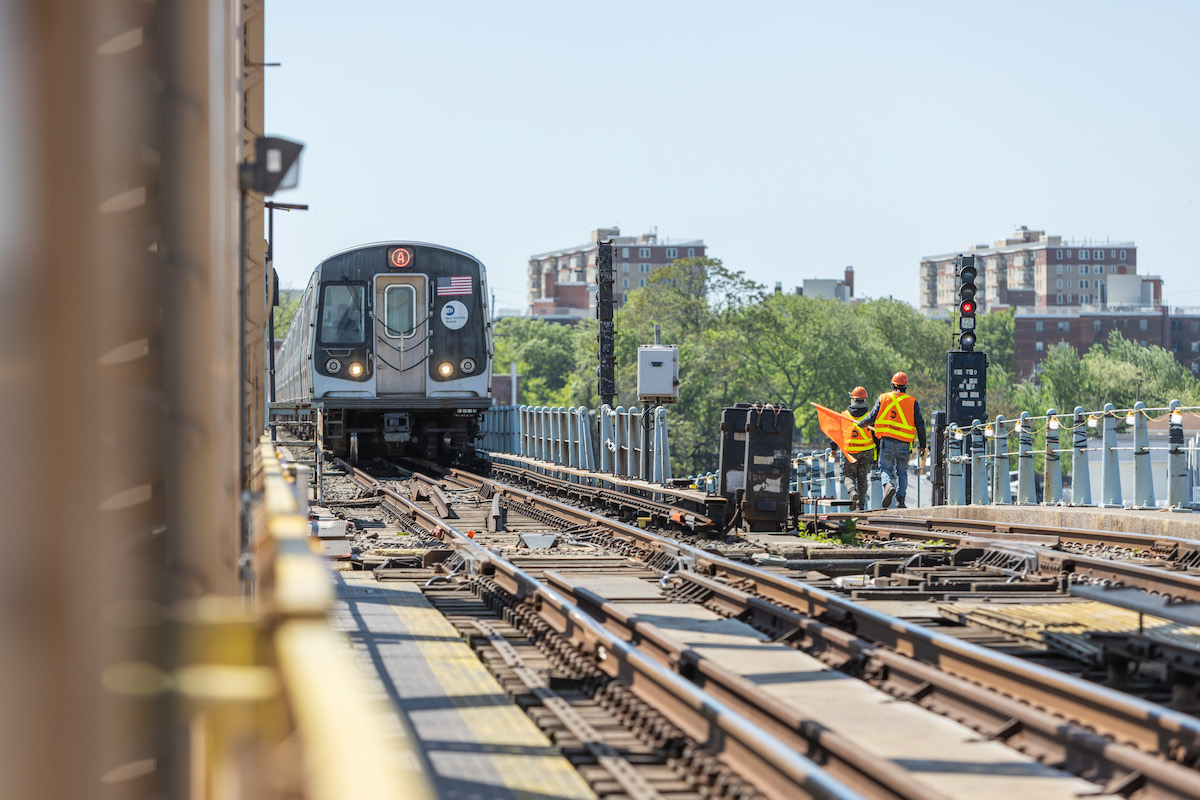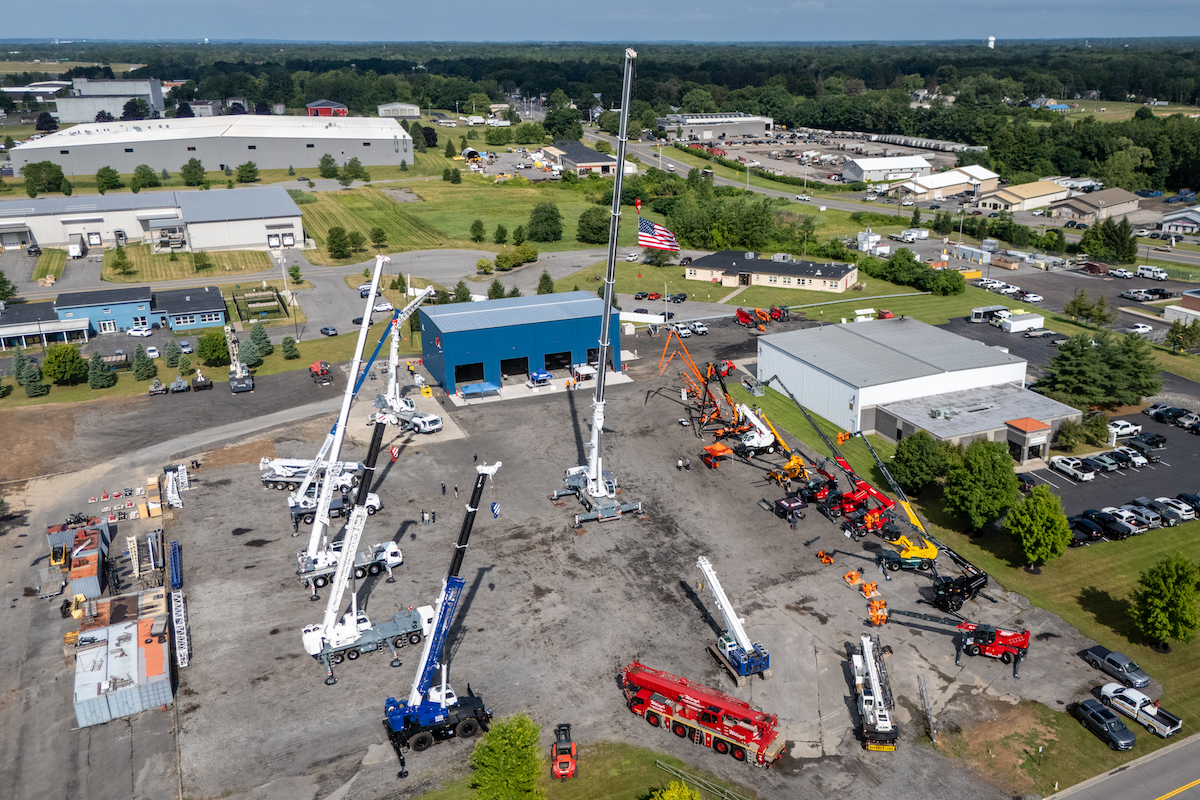Utah is a state on the move — economically, demographically, and physically. And one of the top officials charged with keeping all those things in motion touts the human element over schedules and deadlines.
Carlos M. Braceras, PE, Executive Director of the Utah Department of Transportation (UDOT), joined the agency in 1986 and served as Deputy Director for 12 years. He has also served as the Director of UDOT’s Region Three Office, Chief Geotechnical Engineer, Chief Value Engineer, a member of the Legacy Parkway/I-15 North Project team, and as a Roadway Design Engineer.
Braceras was named the 1998 State of Utah Governor’s Manager of the Year and was the 1998 recipient of the UDOT Leader of the Year Award. He was appointed to his current position by Governor Gary Herbert on May 6, 2013, and reappointed by Governor Spencer Cox in January 2021. Today, he is responsible for UDOT’s more than 1,600 employees and the design, construction, and maintenance of Utah’s 6,000-mile system of roads and highways.
Braceras recently launched a redefining of the department’s goals and mission, and he has overseen the completion of several massive highway projects like the Utah County I-15 Corridor Expansion (I-15 CORE) and the Mountain View Corridor in west Salt Lake County. Both projects used innovative contracting methods that allowed each to be completed in record time.
“When I started early on, the guiding light was always about performance — having dashboards, schedule, budget, all those things,” Braceras said. “As I have grown more seasoned, I’ve realized it’s really more important how you see things, how you treat people, the values that you follow in your day-to-day decision making. Projects come and go, but for an organization such as ours that has been around for over 115 years, our currency is trust — trust with the public, with elected officials. And so, you build by doing things in the right way, taking responsibility for mistakes, and continuing to treat people with respect.”

| Your local Trimble Construction Division dealer |
|---|
| SITECH Allegheny |
| SITECH Northeast |
| SITECH Allegheny |
| SITECH Northeast |
Not surprisingly, the primary influence on Braceras’ life and career has been the person he has known the longest.
“There are lots of folks in my professional career that at different times and different circumstances, have been mentors,” he said. “But I think the one person who has guided me throughout my entire life has been my 89-year-old mother, Barbara Braceras. At the end of the day, the most important skills we have as people are things that we learned from our parents, from our families. It’s remarkable, when you’re growing up, how little appreciation we have for the hard work that mothers and fathers do. But as you get older you have a greater appreciation.”
His schedule leaves little time for rest. “I get up at 4:30 [a.m.] and prepare basically the same lunch I’ve made for 35 or 40 years because I don’t want to have to deal with making decisions,” Braceras said. “I do triage on email. By 5 a.m. I am on my exercise bike, and I’ll spin for about an hour. Shower, shave, and in the office a little before 7 [a.m.] That’s my ‘get ready for the day’ time, and then it’s pretty well slammed with meetings from 8 [a.m.] to 5 [p.m.] I’ll leave the office between 5:30 and 6 [p.m.], then I try to get home and spend my time with my wife, Laurie. I try to find that work/life balance.”
“The engineering stuff, ultimately, is easy,” Braceras said. “Projects, while challenging, are easier. The interface of engineering and politics is challenging, and it’s rewarding. Elected officials come into office to try to do the right things, but they come in with varied backgrounds, and they have such a small amount of time to try to understand very complex issues. I sometimes think of my main job as being a translator. To be able to translate the complex work that our people do into language that will help policy makers make decisions is really not easy. As an engineer you don’t think of yourself as a communicator, but I am ultimately a communicator and a relationship builder.”

| Your local Trimble Construction Division dealer |
|---|
| SITECH Allegheny |
| SITECH Northeast |
| SITECH Allegheny |
| SITECH Northeast |
And then there is the issue of the workforce. “We don’t have enough people who are interested in the transportation world, or in engineering or in construction,” Braceras explained. “It’s hard work that is so rewarding. I’m really concerned about the future of being able to maintain that workforce. There is such a need for infrastructure, and we are receiving tons of support from the legislators and our governor in terms of financial support, and a lot of demand for our projects.”
The challenge Utah faces is that 65 percent of its land is owned by the federal government, and another 10 percent by state and local governments. That leaves only 25 percent available for the public to build homes and open businesses. “Our growth has been astronomical, so has placed incredible pressure on our urban areas,” Braceras said. “That growth is stressing our population the most.”
UDOT is working hard at all levels of the education system. “We are in elementary schools, helping them get excited about transportation,” Braceras noted. “We are in the trade schools because there is a great demand for mechanics, welders, and electricians. We’re at job fairs trying to get to the point where we can make instant offers to people on the spot to be able to come work for us. We’re also looking at providing more dollars for apprenticeship programs and definitely hiring more interns than we ever have before.”
As with so many other DOTs, Braceras said that funding from the Infrastructure Investment and Jobs Act has had a major impact. “Certainly, having a long-term federal funding bill is important for us to be able to plan,” he said. “It allows us to be strategic. We need to program a couple of hundred million dollars in pavement preservation, another $50 million for pavement reconstruction, and you have to do this every year because you are turning a ‘tanker’ around. It takes a long-term commitment to put the right projects in place to make a difference in system-condition outcome.”

| Your local Trimble Construction Division dealer |
|---|
| SITECH Allegheny |
| SITECH Northeast |
| SITECH Allegheny |
| SITECH Northeast |
Heading the list of major projects on Braceras’ desk at present is the I-15 reconstruction from downtown Salt Lake City to Farmington, Utah, which is designed to improve safety, replace aging infrastructure, provide better mobility for all travel modes, strengthen the state and local economy, and better connect communities along I-15.
Another, in conjunction with the Utah Transit Authority (UTA), aims to increase capacity on the FrontRunner Commuter Rail Line which currently runs between Ogden and Provo, Utah, on a single track. The project includes double-tracking additional sections of the line, the purchase of 10 trainsets, and signal improvements.
In addition, the Utah Transportation Commission has greenlit an ambitious slate of new transportation projects totaling nearly $1.4 billion for northwest Utah County. The funding will help UDOT build two new freeways and a freeway extension. This new funding, combined with previously approved projects, represents a $2.1 billion investment into this area through the end of the decade. Together, they will address the growing transportation needs of the region, particularly in the cities of Lehi, Saratoga Springs, and Eagle Mountain, Utah. Utah County is projected to grow faster than Salt Lake, Davis, and Weber County combined by the year 2050, according to the Gardner Policy Institute.
Through it all, Braceras remains philosophical. “I never in my wildest dreams thought I would be here,” he said. “My goal was to be an engineer. I have a degree in geology and another in civil engineering. My goal was to be a good engineer and to build great projects. I’m a very lucky person. I do work that I find very meaningful. I have to pinch myself all the time because it’s remarkable where I find myself.”





















